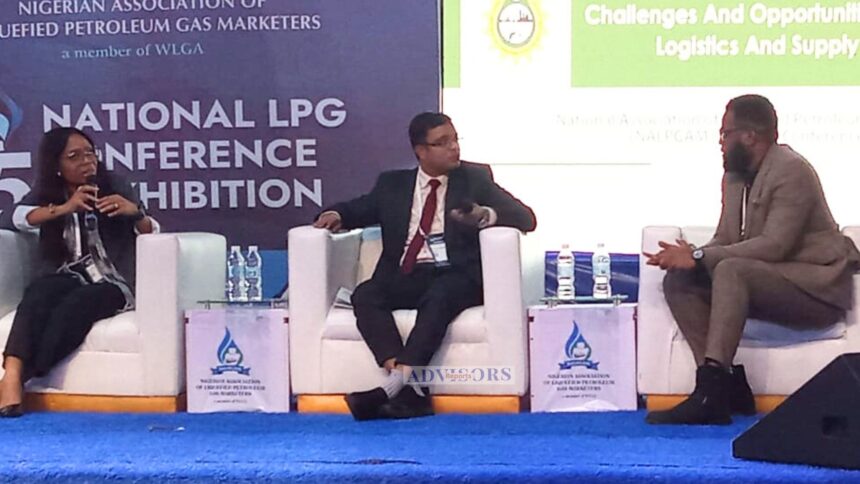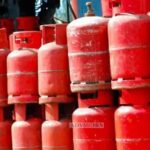“Nigeria needs urgent cylinder manufacturing plants as fewer than 3m LPG cylinders serve 237m people” – Deshmukh, Head of LPG, NIPCO
Oredola Adeola
NIPCO Plc has described how regulatory bottlenecks and logistical challenges are hampering the growth of Nigeria’s Liquefied Petroleum Gas (LPG) sector, inflating consumer costs and discouraging investment.
Mr. Akshay Deshmukh, Head of LPG at NIPCO, made this known while speaking during a panel session at the Nigerian Association of Liquefied Petroleum Gas Marketers (NALPGAM) 2025 National LPG Conference & Exhibition in Lagos.
The session focused on “Infrastructure Development for LPG Growth: Challenges and Opportunities in Storage, Logistics, and Supply Chain.”
Head of LPG at NIPCO stated that although the company currently operates in 23 states and remains committed to driving an LPG-fueled Nigeria, policy inconsistencies, bureaucratic bottlenecks, and infrastructure decay continue to stall progress.
Deshmukh said, “Imagine having over ₦200 million worth of investment tied down for almost two years because of regulatory delays and approvals required to construct a gas facility, with the attendant interest costs piling up in the process,” he lamented.
He added that while the NMDPRA can sometimes be exonerated, delays often arise from local and state authorities, including town planning offices.
He further faulted plant construction guidelines that discriminate against LPG investors, stressing that while virtual infrastructure deployment can take only days, current regulatory approvals stretch the process to nearly two years.
“The sector urgently needs harmonized regulations. At present, there are overlapping and sometimes contradictory standards, with local authority and community leaders often imposing rules that differ from government directives,” Deshmukh said.
Another major challenge, according to him, is that poor road conditions have extended product delivery timelines from Lagos to Abuja from less than two days to several weeks
The NIPCO LPG boss noted that the inefficiencies feed directly into higher end-user prices, eroding affordability for households already battling rising energy costs.
Deshmukh further recommended the urgent establishment of local cylinder manufacturing plants, noting that fewer than 3 million LPG cylinders are currently in circulation.
These according to him, are grossly inadequate for Nigeria’s population of 237.5 million people.
He explained that with an average household of five consuming about 3.5kg of LPG per month, and at least half of Nigerian households as active users, domestic demand could plausibly reach 2.7 million tonnes annually, especially if some households consume more LPG or additional commercial users are factored in.
“Therefore, with the right commitment, advocacy, and incentives, Nigeria can reach 5 million tonnes of LPG consumption by 2030,” Deshmukh declared.




